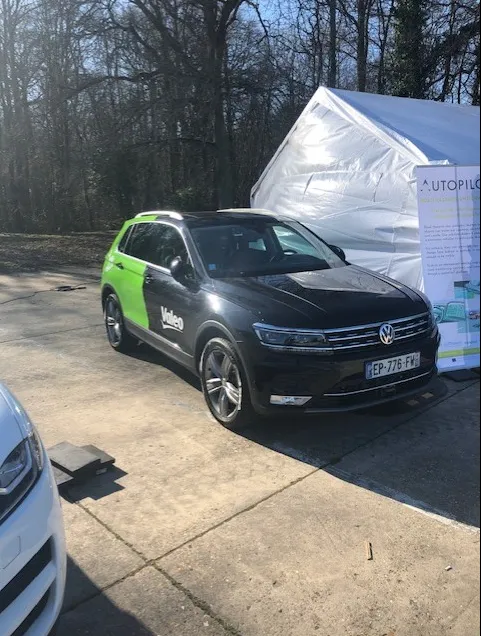By the end of the year, contextually smart mobile services will be available to consumers and professional drivers as the Cosmos group of companies, comprising Cinia, Multiprint, Vediafi and Technical Research Centre of Finland (VTT), commercialise new smart mobile services that are currently being piloted.
With the aid of vehicle sensor technology, mobile applications and background system logic, the group has developed innovative smart mobile services that will be available on the GoSmart smart mobile
July 3, 2015
Read time: 2 mins
By the end of the year, contextually smart mobile services will be available to consumers and professional drivers as the Cosmos group of companies, comprising Cinia, Multiprint, Vediafi and Technical Research Centre of Finland (814 VTT), commercialise new smart mobile services that are currently being piloted.
With the aid of vehicle sensor technology, mobile applications and background system logic, the group has developed innovative smart mobile services that will be available on the GoSmart smart mobile website. The development has been carried out as part of the Digile IoT project funded by Tekes.
Via the service interface, drivers will provide site-specific information, such as congestion, accidents, weather conditions, wrong-way drivers, animals or pedestrians on the road. The Cosmos group gathers and distributes this information directly in cooperation with road users so that the information is available in real time.
Drivers will be offered traditional positioning services and added value services related to safety and smooth mobility, such as traffic and authoritative notices, weather information and information related to safe travelling and service connections.
Authorities will receive a service that will enable rapid identification of sudden and unexpected traffic disturbances, while communication companies will receive a geographically-specific channel that can even be specified separately for each person or vehicle.
“It is important that services are developed in cooperation with the public sector, companies and research organisations. This will guarantee a comprehensive range of services for those on the move, and also ensure the compatibility and continuity of services and the development of new innovative services in the future,” says VTT project manager Raine Hautala.
With the aid of vehicle sensor technology, mobile applications and background system logic, the group has developed innovative smart mobile services that will be available on the GoSmart smart mobile website. The development has been carried out as part of the Digile IoT project funded by Tekes.
Via the service interface, drivers will provide site-specific information, such as congestion, accidents, weather conditions, wrong-way drivers, animals or pedestrians on the road. The Cosmos group gathers and distributes this information directly in cooperation with road users so that the information is available in real time.
Drivers will be offered traditional positioning services and added value services related to safety and smooth mobility, such as traffic and authoritative notices, weather information and information related to safe travelling and service connections.
Authorities will receive a service that will enable rapid identification of sudden and unexpected traffic disturbances, while communication companies will receive a geographically-specific channel that can even be specified separately for each person or vehicle.
“It is important that services are developed in cooperation with the public sector, companies and research organisations. This will guarantee a comprehensive range of services for those on the move, and also ensure the compatibility and continuity of services and the development of new innovative services in the future,” says VTT project manager Raine Hautala.









